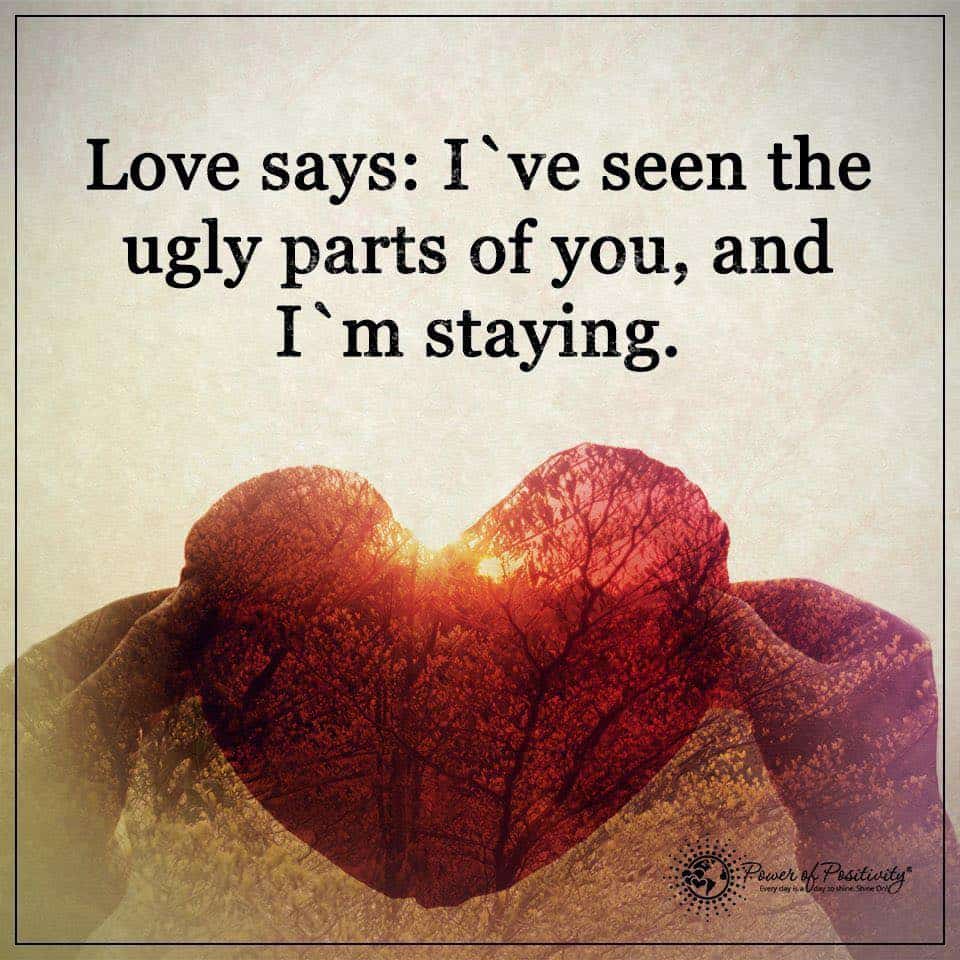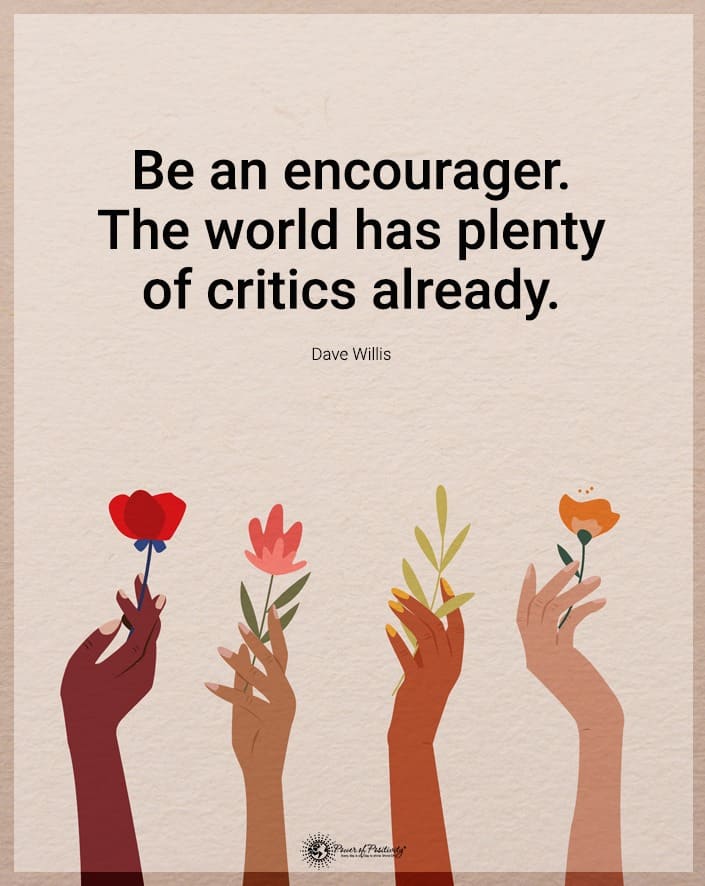Have you ever wondered why sometimes it feels easier to default to being judgmental rather than being compassionate? Have you ever felt that being altruistic is just too unreachable in certain situations? Do you think that you want to start helping more and taking more accountability in the future?
Society has evolved so that sometimes people don’t know how to act in an empathetic way. Instead, they resort to negative behaviors when engaging with others. It doesn’t make a difference, whether they have to put in less effort or simply because they don’t know how to be compassionate. The bottom line is that way too often, they turn to critiques and blame-shifting, and that hurts others. People live in a society, so compassion is a must if you want to ensure proper communication. So, how can you learn to leave the redundant criticisms in the past and embrace a compassionate attitude?
What Is Compassion, And Why Is It Important?
In the most literal sense of the word, compassion means “to suffer together.” It is the feeling that you experience when you feel the need or the want to relieve someone’s suffering.
Compassion differs from empathy and altruism. It adds a layer to the concept of empathy. It isn’t just about being able to understand what others are going through. Compassion means having the desire to help on top of those feelings of empathy. But it is less than altruism because altruism is the behavior prompted by feelings of compassion. It is important to note that you can feel compassion without acting on it, and you can be altruistic without feeling compassion.
 Because compassion is the main driving force behind altruism and acts of kindness, it is necessary to ensure a general well-being increase. Some people live solely with the help of compassionate acts. Because of the socio-economic conditions of the world, many people lack food, shelter, and other necessities. Unfortunately, there are no frameworks that facilitate those needs in many cases, so altruism is the only way to meet that demand. Donating, volunteering, and other prosocial acts wouldn’t exist without compassion.
Because compassion is the main driving force behind altruism and acts of kindness, it is necessary to ensure a general well-being increase. Some people live solely with the help of compassionate acts. Because of the socio-economic conditions of the world, many people lack food, shelter, and other necessities. Unfortunately, there are no frameworks that facilitate those needs in many cases, so altruism is the only way to meet that demand. Donating, volunteering, and other prosocial acts wouldn’t exist without compassion.
Compassion is also vital for the more fortunate people in society. Just because you are well off doesn’t mean you don’t need a shoulder to cry on. People are social creatures that lean on others when times get hard. And humanity is all in this together. Sometimes you might have an issue and need a bit of compassion, but another day the person in need of it might be a friend. There is a constant need for good people in the world, but beggars can’t be choosers. You can’t expect compassion if you don’t offer it.
From the person experiencing those feelings to the one benefiting from the actions prompted by compassion, everyone could be more proactive and kinder. But why does it feel so easy to be judgmental and blame others instead of engaging in something good?
5 Reasons Why It’s Easy To Judge And Blame Instead Of Being Compassionate
Read on to learn why people are so quick to play the blame game.
1. It Is A Defence Mechanism
Often, when people have to be compassionate, they also have to be vulnerable. That means they have to be honest about who they are, their flaws, and their principles.
The idea of being transparent can seem scary for most people. Being in touch with your own emotions is necessary for you to perceive others’ feelings. The more in touch you are with your feelings, the more personal flaws you will have to acknowledge. And that’s hard. People don’t want to see themselves as imperfect because that would make them feel bad about themselves.
There is always a tremendous amount of societal pressure on people to be the best version of themselves, to grow constantly. But the reality is that not all people are in that place yet. Not all people have the time or the outside help to be able to grow. But that pressure makes them feel like they should act a certain way. They hide their flaws, they begin acting fake, and they stray away from their feelings. Losing touch with who you will not allow you to be compassionate.
So, people have to find ways to protect themselves. They use judgmental rhetoric and blame to distract from their problems. If you judge someone and make them seem inferior to you, that makes you feel better about who you are. The more you judge and blame others, the fewer issues you will seem to have in comparison.
If you feel like you use judgment and blame as a shield, try to understand why. What are you afraid of? What flaws are you trying to hide? The sooner you acknowledge your shortcomings, the sooner you can start to get in touch with your emotions. Allow yourself to be vulnerable and practice compassion, not only towards others but also towards yourself.
2. Makes You Feel Part Of The Group
Humans are social beings. They need to feel like they belong, like they are part of something bigger than themselves. The worst blow that someone could take on a social level is becoming an outcast, being shunned from the group.
But to be part of a group means to share commonalities with the other people in the group. And, most importantly, being part of a group means being different from the people outside the group. And that can become dangerous.
To demonstrate that you are part of the group, people sometimes rely on being judgmental. What better way to show just how different you are than negatively criticizing others? People want to justify their choices, their group existence, so they look down on those who are outsiders.
The need to keep the group intact and make sure you stay in the group will not allow you to be compassionate. You will not want to show kindness to others because you fear your group will judge your actions. Or you think that showing compassion will conflict with the group beliefs. So, you decide not to be compassionate at all.
But the people you are compassionate towards will be grateful to you. They will be people who can become part of your life. And, most importantly, if your group shuns you for being kind, you should consider ditching them.
 3. You Are Projecting
3. You Are Projecting
People often feel the need to address their flaws indirectly or subconsciously. And the most common way to do that is through projection.
Projection is the process of placing your negative traits or feelings onto someone else. If someone keeps bullying a colleague, they might be projecting their issues, weaknesses, or insecurities onto that person. That’s why people are judgmental towards others. That’s why they blame others. You see a trait you don’t like in someone else, and you judge them because of it. But what you don’t realize is that you are critical because you also have that trait, and you hate it. And by blaming and criticizing others, you indirectly address that issue.
Being compassionate disallows you from addressing those issues indirectly. When you start being empathetic, you have to stop projecting. You can’t help others while bullying them. And that would mean you have to start acknowledging your issues. You would have to solve your problems directly. That can be hard, but letting go of projection puts you on the right path towards healthily addressing your flaws. Moreover, being compassionate can make you feel accomplished and give you more confidence to own who you are.
4. You Have Negative Programming
One of the main reasons people are judgmental is because they have learned that being different is bad. Society teaches that poorer people are lazy, overweight people don’t have self-control. There are so many misconceptions about how people look, their status, their home life, or their work. And unlearning these things is more complicated than it seems.
You don’t want to be surrounded by people you think are wrong. You don’t want to help those people either. So, if you see a person who needs money to buy food, your brain will immediately think they are lazy and don’t deserve it. You might even feel that they are going to buy alcohol instead of food. Those are the stereotypes, so that’s what you believe. But you lack information. That person might have just lost their job because their company closed. They might be sick and unable to work. You never know what others are going through. Try to unlearn these stereotypes and ask questions before you form an opinion.
Another issue is that people desensitize to suffering. There is so much pain in the world that people have learned to look the other way instead of engaging. Dr. Paul Slovic calls this psychic numbing. The more people are hurting, the less willing will others be to help, to be empathetic. Slovic states that there is no constant value for human life. For you, your cat might matter more than the people suffering in third-world countries. And that’s understandable. This is used as a defense mechanism to make sure that you don’t break emotionally.
But sometimes, it’s taken too far, to the point where you shut yourself out, you refuse to engage with any feelings. You need to be aware of this and actively try to fix this. Listen to people, try to understand what they need, where they are coming from. The more understanding you are, the more compassionate you can become.
 Final Thoughts On Why It’s Easy To Judge And Blame Instead Of Being Compassionate
Final Thoughts On Why It’s Easy To Judge And Blame Instead Of Being Compassionate
Learning to be compassionate can be tricky. It can be hard enough to deal with your issues. Having to deal with others’ problems on top of that? It can feel impossible.
Because people are afraid to acknowledge their flaws and be in tune with their emotions, it is much easier to project than to be kind. Being judgmental and blaming others is a defense mechanism that allows you to hide your flaws or deal with them indirectly. This also makes you feel part of a group. Also, the stereotypes people believe in are sometimes so strong that you can’t unlearn them.
But being compassionate is something you can learn. Be mindful and understand who you are and what you feel. The more in tune with your emotions, the more empathetic you can become. Listen to people, understand their needs, and see what little things you can do to make their life better.
The post Why People Judge Instead of Being Compassionate (And How to Change) appeared first on Power of Positivity: Positive Thinking & Attitude.






 3. You Are Projecting
3. You Are Projecting Final Thoughts On Why It’s Easy To Judge And Blame Instead Of Being Compassionate
Final Thoughts On Why It’s Easy To Judge And Blame Instead Of Being Compassionate